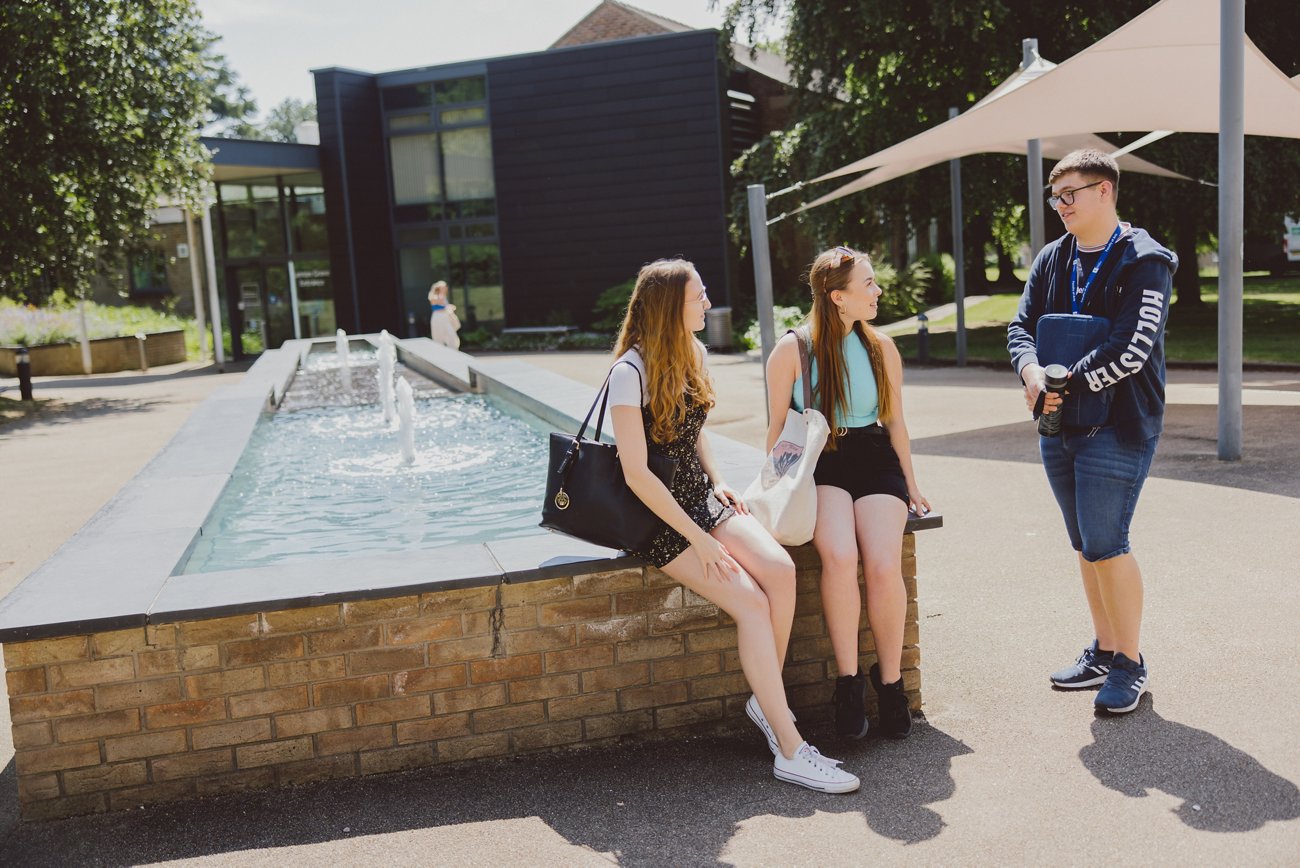
Planning a year abroad as part of your studies is hugely exciting, but, let’s be honest, also a bit daunting.
It might be the first time you’re going away without family or friends, you could be worried about getting lost in an unfamiliar city, or simply anxious about making new friends.
Don’t worry! Our staff have successfully supported hundreds of students through this process before, so you will be supported from day one.
How does it all work? We asked the department to answer some common questions:
When will I go abroad?
On the American and Canadian Studies (Study Abroad) BA you will spend year three of your course abroad.
How do the modules work?
You will take modules in American and/or Canadian studies, as well as choosing from a wide range of alternative options.
You'll also begin research for your dissertation, which will be completed in your final year, when back in Nottingham!
What are the teaching hours when abroad?
To meet visa and teaching requirements, you must study a minimum of 12 contact hours per week.
A set percentage of modules must normally be taken at 'junior year' or above (which is year two in the UK system), and a set proportion must be in your honours subject(s).
Do the marks count towards my final degree?
Marks do not count directly towards your final degree. However, you must achieve a minimum C average (a GPA of 2.0) to gain credit for the year abroad on your final degree transcript.
If you are unable to meet the required standard, you will transfer to the three-year programme.
If you do find yourself struggling, we strongly recommend approaching the international education (or ‘study abroad office’) at your local university for support. They will be best placed to assist you when you are away from Nottingham.
Where can I study?
Your year abroad will usually be spent in North America.
Our partner institutions reflect the diversity of North America, in terms of both geography and educational approach. We ensure that all are able to maintain high academic standards.
We currently offer partner institutions in:
- Alabama
- Arkansas
- Georgia
- Indiana
- Louisiana
- New Mexico
- Oregon
- South Carolina
- Vermont
- Virginia
- Washington DC
- Wisconsin
Canadian locations:
- Burnaby (British Columbia)
- Ottawa
- Toronto
Help! This must involve a lot of planning?
It does. But don’t panic! You will be supported through the study abroad process by your school academic adviser and a team of dedicated administrative staff.
Support is also provided through:
- dedicated online resources with information about partners, finance, visas and administrative processes
- group meetings and presentations
- one-to-one sessions
- university-wide pre-departure activities
General information about studying abroad is provided during ‘Welcome Week’ in your first year. This information remains available to you, as students have access to the full range of university-wide presentations and briefings on all aspects of studying abroad. There are regular email comms to students about these, so you won’t miss anything!
Amaia's experience: Middlebury College, Vermont

Studying abroad really did change my life. I saw incredible things and met incredible people. Studying anywhere in the US is very different to home, let alone going to a tiny Liberal Arts college in the middle of nowhere! I will forever be grateful for the amazing things I got to do. I have loved my time at Nottingham, and this only grew tenfold after my year away. I cannot recommend it enough - push yourself to try something new and you will surprise yourself at every turn.
Amaia
American Studies and English BA

One of many beautiful sunsets across Lake Champlain
Liberty's experience: modules, workload and travel
The legal bit
- The opportunities listed here are correct as at the time of publishing
- Please be aware that study abroad options may change at any time for a number of reasons, including curriculum developments, changes to arrangements with partner universities, travel restrictions or other circumstances outside of the university’s control
- Every effort will be made to update this information as quickly as possible should a change occur
In order to study abroad you will need to achieve the relevant academic requirements as set by the university and meet the selection criteria of both the university and the partner institution. The partner institution is under no obligation to accept you even if you do meet the relevant criteria.
Bon voyage!









